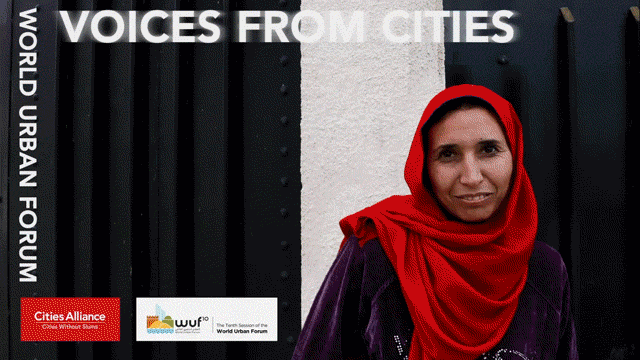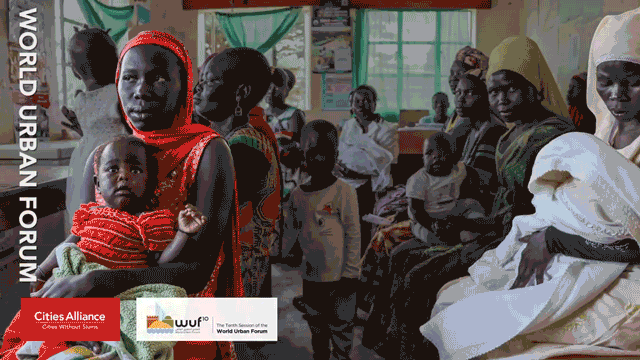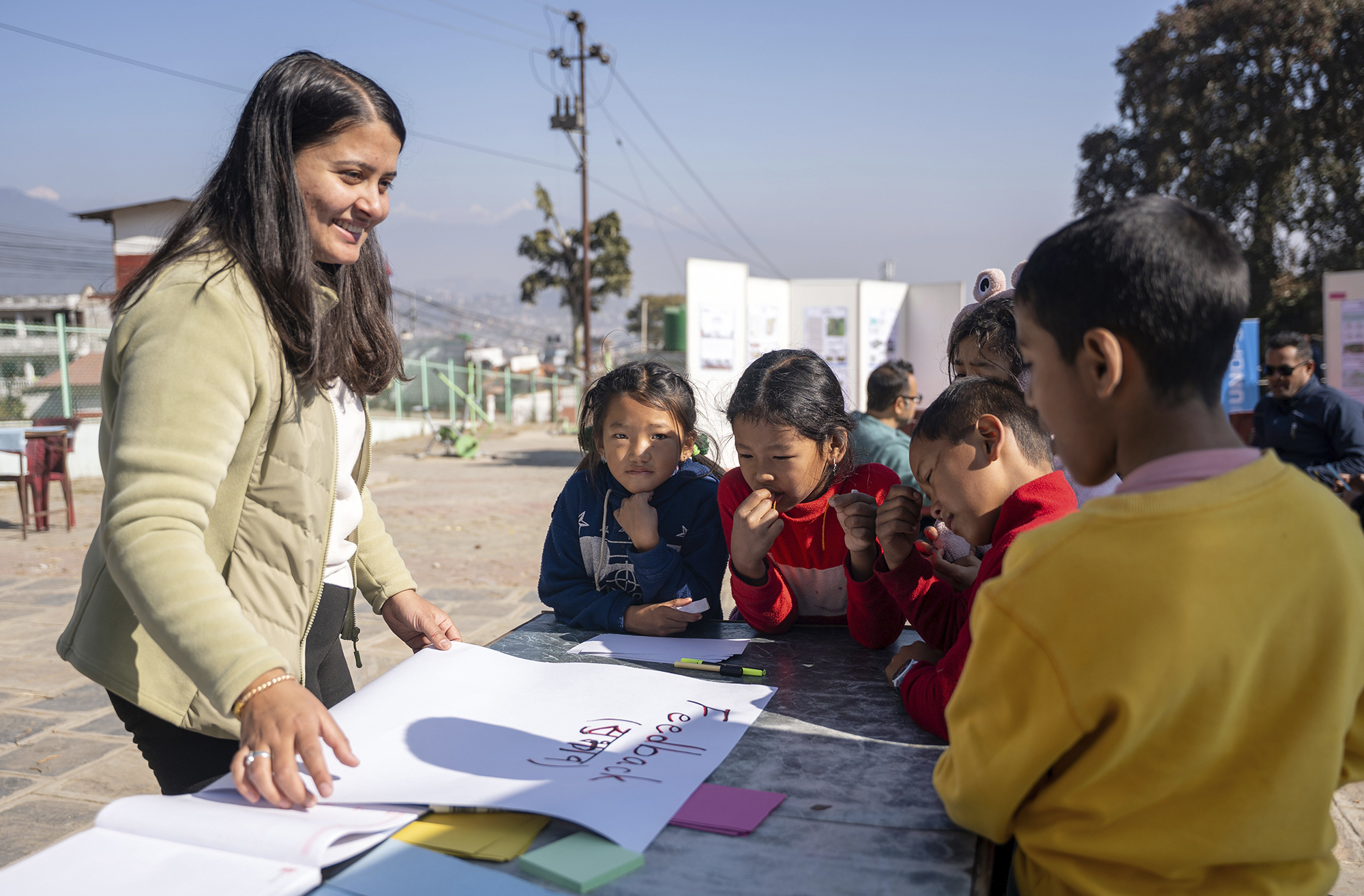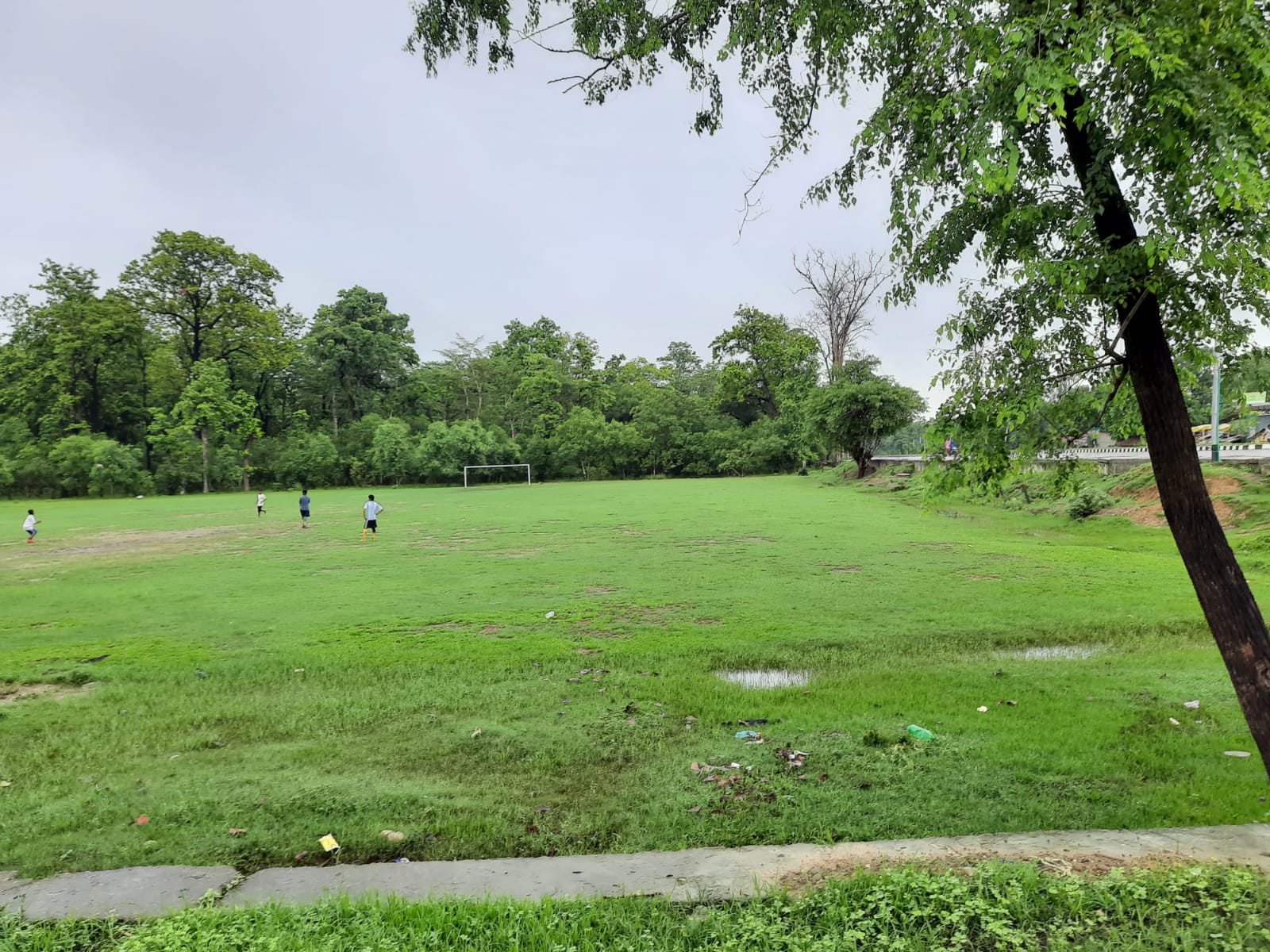Bringing 20 years of urban experience to the World Urban Forum
Cities Alliance has for over 20 years advocated for greater emphasis to be placed on solving urban issues. We are therefore incredibly pleased to be joining over 16,000 participants at this year's World Urban Forum, 8-13 February, to be held in Abu Dhabi. Organized and convened by UN-Habitat, the World Urban Forum has become the foremost international gathering for exchanging views and experiences on sustainable urbanization in all its ramifications.
The world is becoming increasingly urbanized; Over 1 billion people are living in slums, a number that is only growing as cities are ill-prepared to deal with growing urban populations.
Poorly planned urbanization is costly and results in informal settlements, congested cities, urban sprawls, and pollution. However, managed properly, urbanization can contribute to reducing inequalities worldwide. Cities and metropolitan areas are powerhouses of economic growth— contributing about 60% of global GDP. By placing greater emphasis on managing urbanization worldwide, we can ensure that the world capitalizes on urban growth and reaps the benefits of urbanization to create shared prosperity.
We are pleased to invite you to our events to be held at the World Urban Forum:

Towards a new urban culture in Tunisia: advancing inclusive urban policies to achieve territorial balance and equity.
This event brings together partners and members of the Cities Alliance partnership to address the challenges of socio-economic development in lagging regions and cities in Tunisia. The panel will discuss how the partnership is working at national, intermunicipal and community levels. Based on the discussion with the audience the event will recommend actions to improve local governance, increase poverty reduction and gender equality through sustainable urban planning, financing and service delivery systems.
Sunday, 9 February
Voices from Cities: Room A
13:00 - 14:00

How secondary cities can accommodate the needs of urban population growth. Areas of cooperation for local, national, and global actors in improving migration management in secondary cities of low-income countries.
Summary: Rapid urbanisation growth is the result of natural growth and migration. However, cities are expanding more rapidly in area than in population. Urbanisation results on average of 35% in city densification and 65% in urban expansion. This expansion needs to be organised as it involves the use of new green areas for development. Cities are expanding at different rates, some are growing very rapidly. 64% of cities have at least doubled the areas occupied by their built-up area and open space since 1990. 28% of cities have at least quadrupled their areas. Some cities have decided to restrict the use of available land areas, using different policies. Decent housing for all can be ensure only if urban land is in amble supply. There are some techniques that cities can use to promote orderly urban expansion. Other Organization name Swiss Development Cooperation
Tuesday, 11 February
Hall 2: Room 5
12:30 - 13:30
Lastly, the Cities Alliance Cities and Migration Joint Work Programme will hold its second Steering Committee Meeting on Tuesday, 11 February from 6.30 to 8PM in room CS4.






